Is it just me, or does it feel like many Millennials are chasing the dragon for any peak experience available?
From ice-cold plunges to DMT-inducing breath work, 10-day silent retreats, and hero doses of psychedelic substances.
Apparently the crazier, the better, right?
The Wikipedia definition of peak experience is an “altered state of consciousness characterized by euphoria, often achieved by self-actualizing individuals” as per Abraham Maslow’s 1964 book called Religions, Values, and Peak Experiences.
Inducing states of transcendence and euphoria can sound deeply appealing to many.
The appeal can come from a sense of curiosity to pierce the veil or perhaps that such an experience might finally help us heal from a traumatic event, phobia, or psychological burden.
The Higher The Peak, The Higher The Risk
Peak experiences have a place in our societies. Often manifested as rites of passage and at the very least defining. They can and will impact us deeply and hopefully in the way we had hoped.
During the current Psychedelic Renaissance, I feel that the conversation moving forward must include the increased risk relative to the intensity of a peak experience.
Writing this article, I found out that there is such a thing as spiritual Wikipedia. SpiritWiki includes this quote from Maslow as part of the definition of peak experiences.
“Peak experiences can be intense. A peak experience can produce great turmoil in the autonomic nervous system. At a certain point, Maslow became afraid that his body could not handle them.”
As I keep a keen eye on the global events, ceremonies, and experiences that are becoming increasingly mainstream, I can’t help but wonder: “It’s one thing if the individual’s nervous system is already vulnerable upon arriving at these retreats, but is the event facilitator skilled enough to support the individual during and also afterward?”
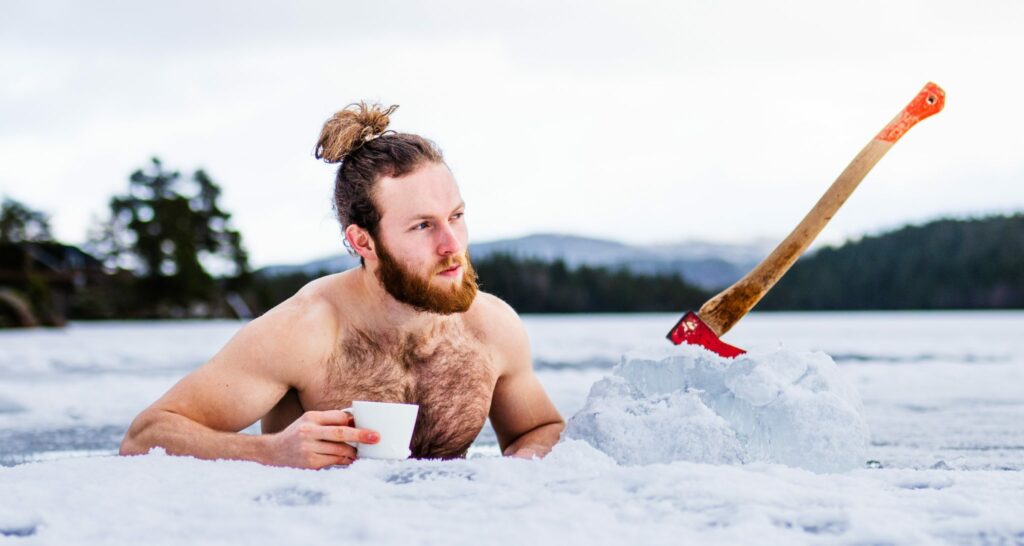
Humility Is Key
Particularly in the case of plant medicines, these substances historically have been set aside for a very small group of ‘worthy’ people. Those that belonged to a certain group, in a predefined hierarchy, and after very specific initiations, did these individuals gain access to powerful medicines like magic mushrooms?
Such exclusive ceremonies were indeed used to induce transcendental and mystical experiences. These opportunities were quite rare and available once, maybe twice in their lifetimes.
Today, entheogens are readily available and accessible for virtually anyone to use, and the Psychedelic Renaissance is only getting started!
Harvard Divinity School has a beautiful, long article on the theological reckoning of bad trips. It reads:
“The collateral damage from main streaming mindfulness can serve as a cautionary tale for psychedelic medicalization: important wisdom is lost when technologies of transcendence are stripped from their spiritual and religious contexts and presented as psychological treatments.”
We are blessed and privileged to have access to plant medicines in this day and age. Psilocybin and ayahuasca have anecdotally been the healing catalyst for so many, but we must remember that fire can help us cook a meal, or burn the house down. In the same vein, peak experiences are to be undertaken with great care and consideration.
Target Market
Those who feel an urgent need to seek healing via peak experiences are often those who are most at risk.
For those of us who are tasked with the lifelong undertaking of healing from trauma, a peak experience may turn out to be more than our nervous system can handle.
Participating in a peak experience with a delicate nervous system can dysregulate us further. The urgency to heal combined with an eager market is quite dynamic.
Anyone interested in a peak experience should consider deeply their current personal resiliency and the skill level of facilitators in attendance to ensure a safe and enjoyable experience.
Surf The Wave
An interesting correlation is tracking our Heart Rate Variability. This may be an indicator that our nervous system is resilient, fluid, and buoyant.
So what happens when a person with a less optimally regulated nervous system has a peak experience? Does it mean that those who tend to be dysregulated avoid peak experiences?
No, not at all.
No one can ever accurately predict what the outcome for each person will be. It may be the exact protocol a person needs at the time. Or, it can worsen symptoms. My point is, that each of us must be aware that there is a gamble at play.
Conversations around mental health have never been more open and inclusive. In tandem with this psychological evolution, psychedelics have never been more available or widely praised.
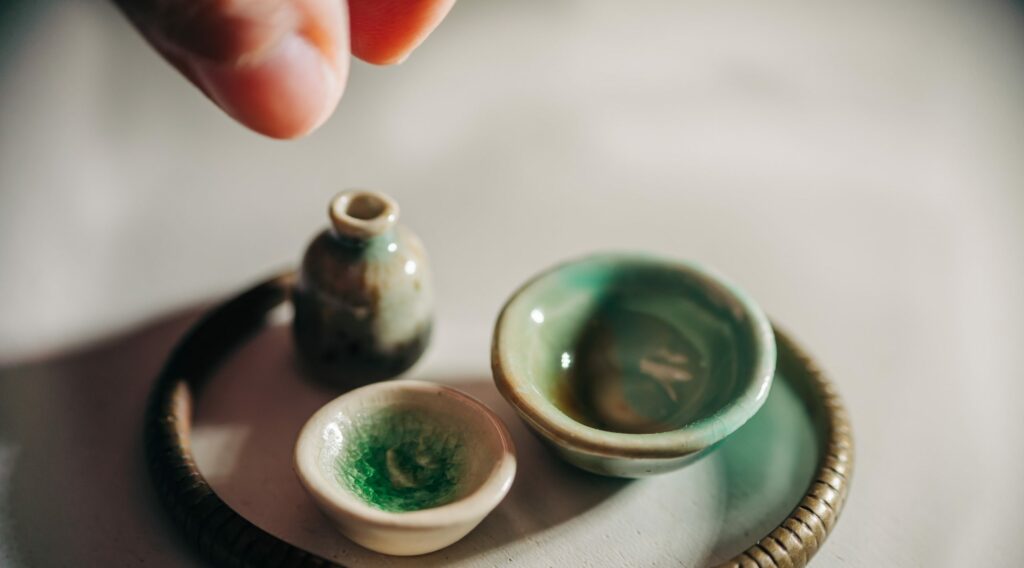
Shortening The Learning Curve
Learning to use these powerful tools correctly is no small undertaking.
Despite peak experiences being deeply valuable and having much to teach us, they also include a kind of altitude sickness.
This is why I am intent on keeping the art of Minimal Effective Dose at the forefront of the Psychedelic Renaissance conversation.
A sitter, therapist, shaman, or guide should have both experiential knowledge and technical knowledge developed over many years.
The key message is to experiment carefully and with humility. Or as Bruce Lee said: “Long-term consistency trumps short-term intensity”.
Share your experiences with us by commenting below or in our socials:
- Facebook group (8.000+ members)
- Discord channel (2.000+ members)
- Follow us on Instagram @microdosepro.amsterdam and @humanpro.amsterdam
- Follow me on Instagram @asha_md_coach
As always,
Shine bright. Do good. Flow strong,
Asha ✨
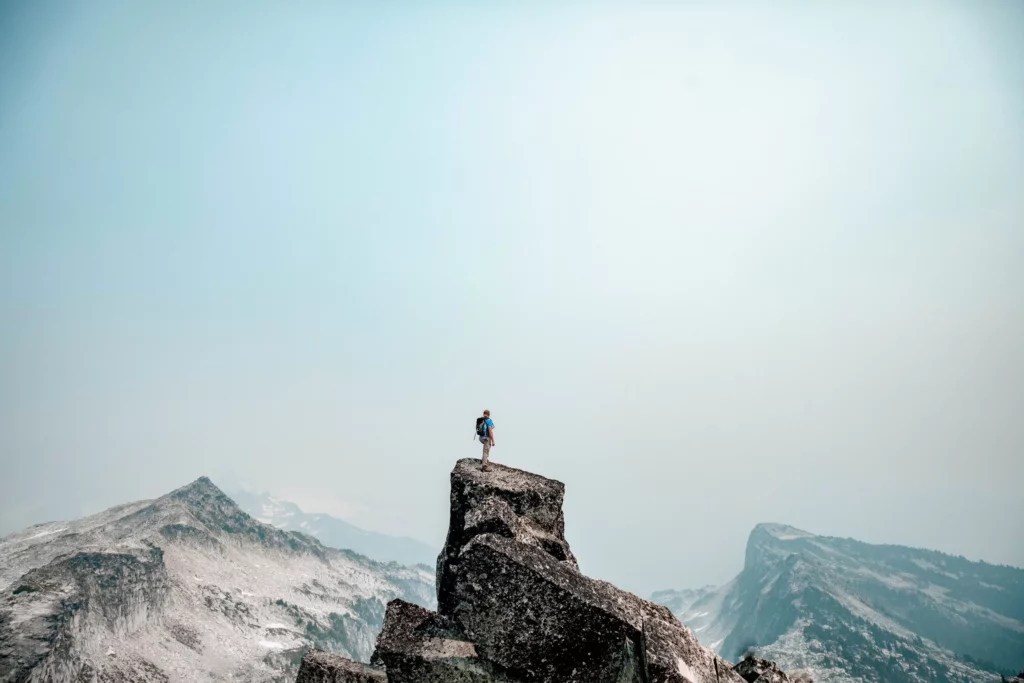


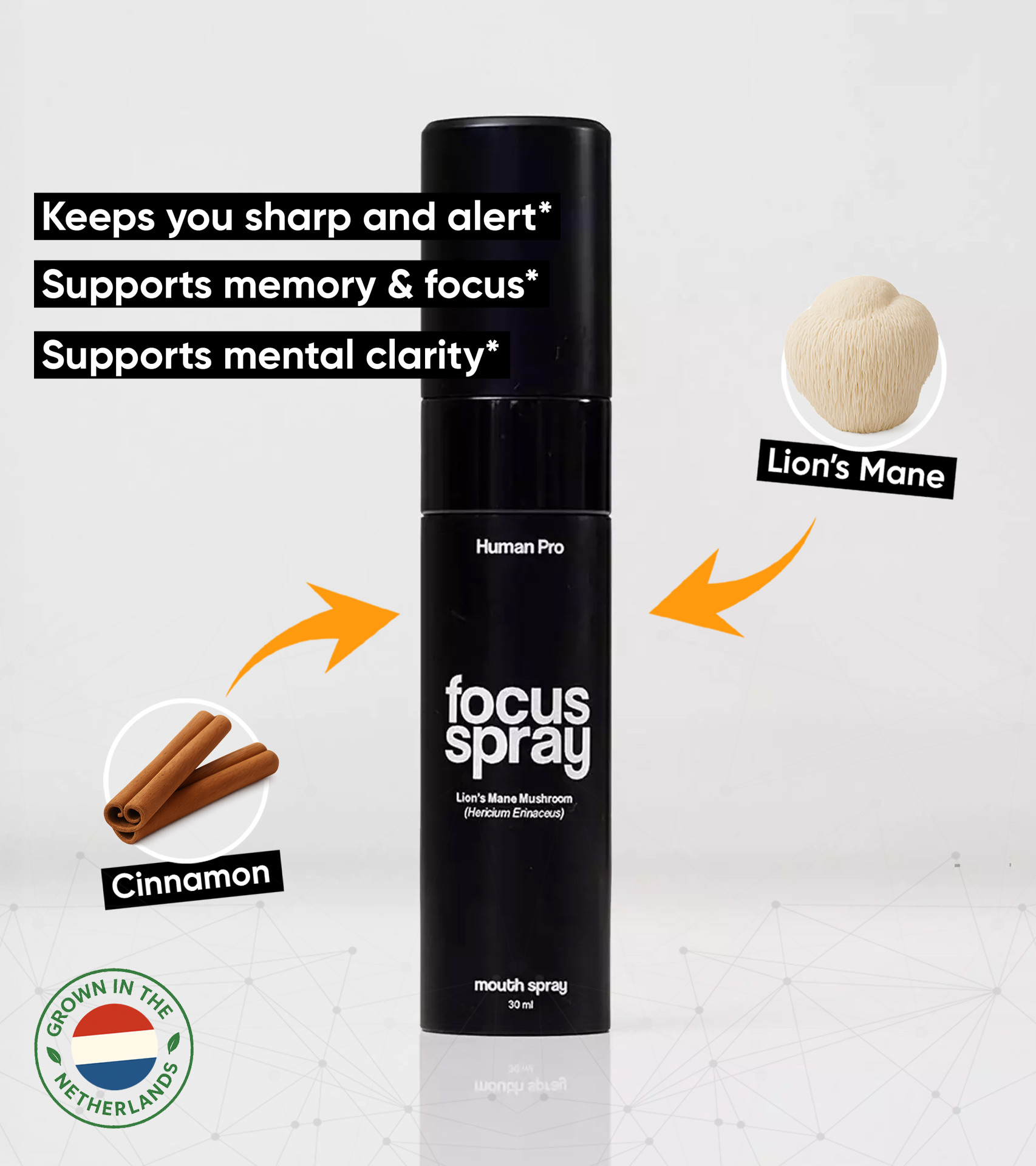
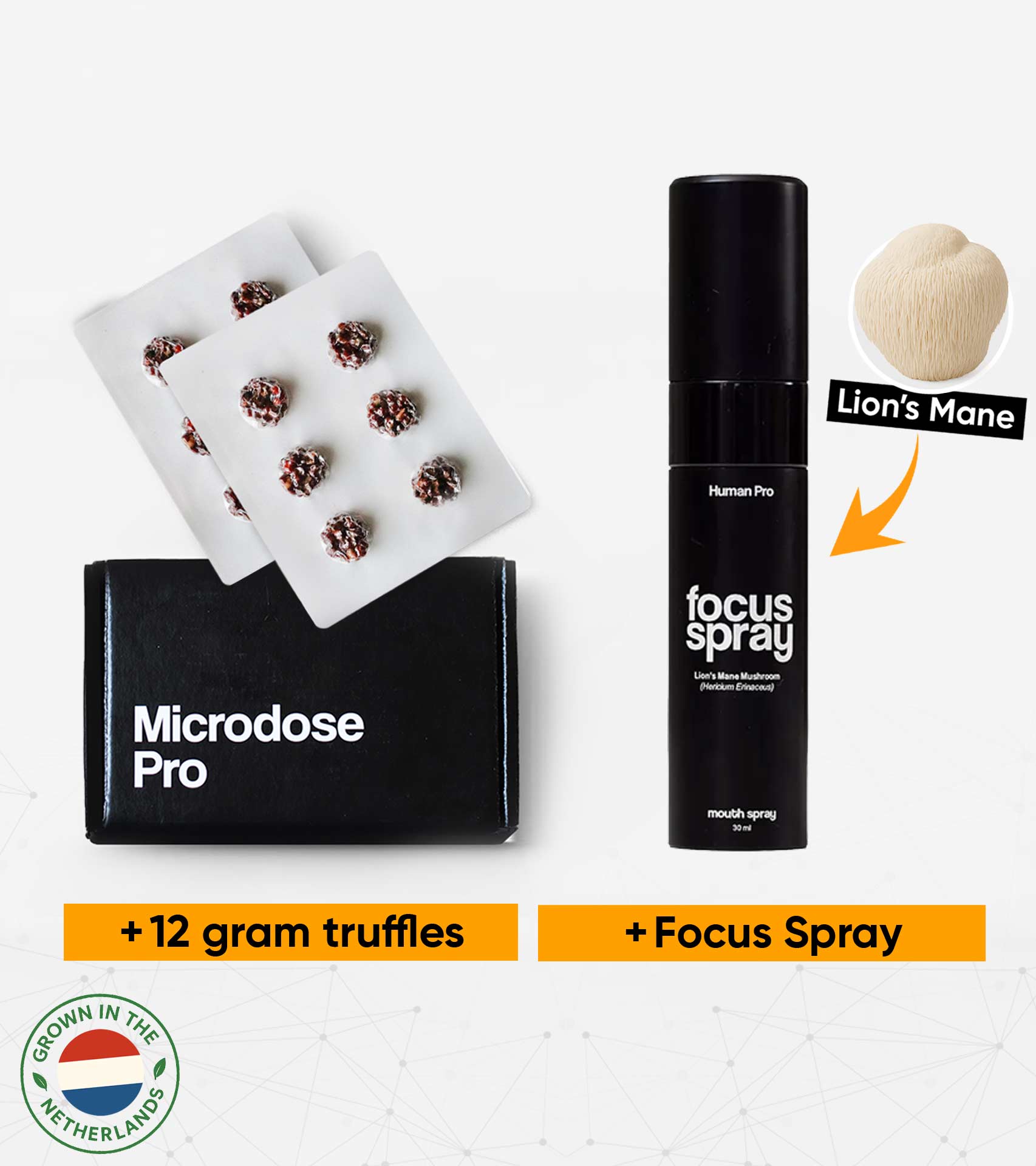
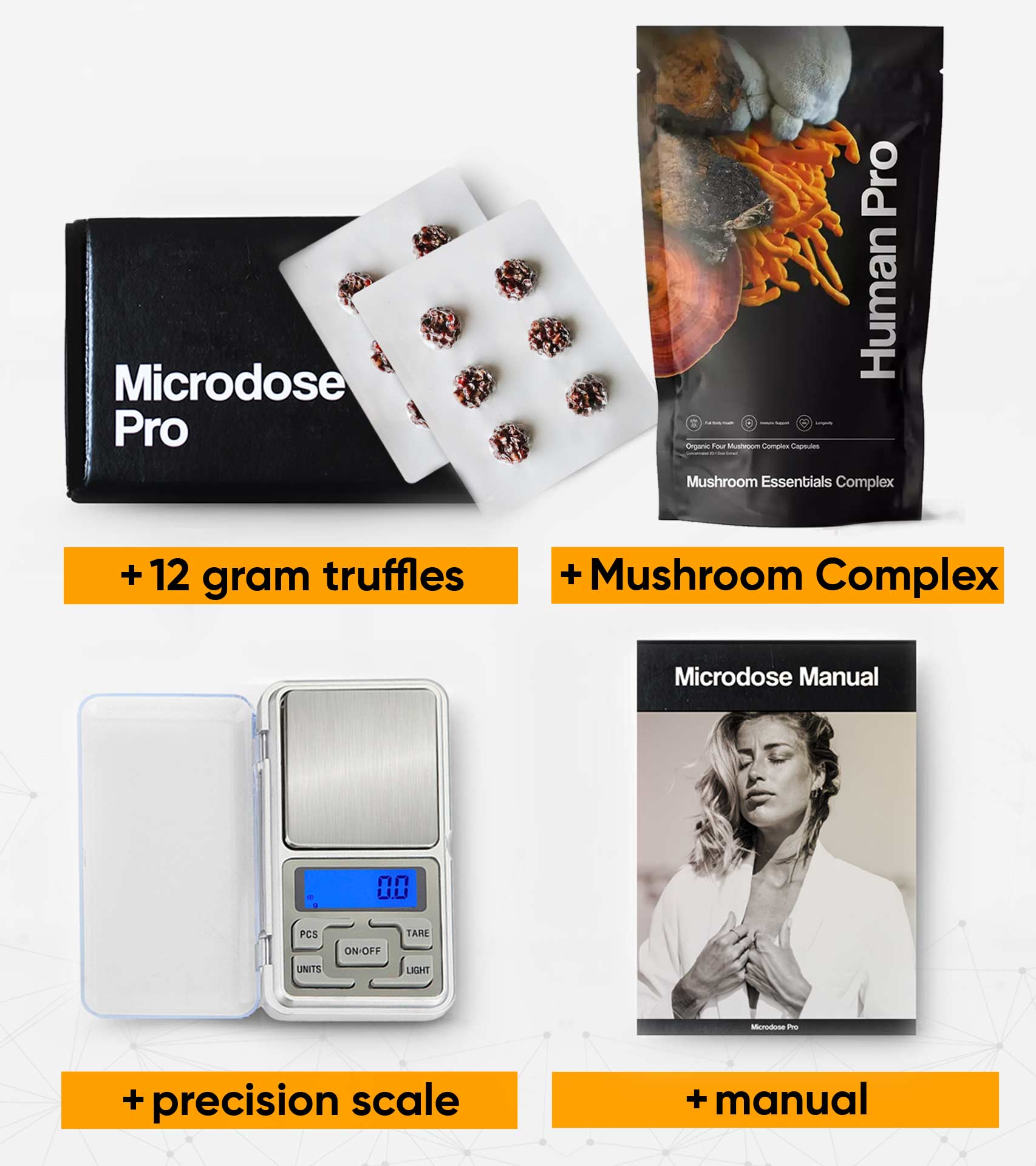

0 thought on “The Case Against Peak Experiences”